On Friday, March 15, 2024, the National Association of REALTORS® (NAR) announced a surprising $418 million settlement with a nationwide group of home sellers. The settlement aims to resolve claims in multiple antitrust class actions against NAR. These lawsuits accused the NAR and several of the nation’s largest residential real estate brokerage companies of requiring home sellers to pay inflated real estate fees.
This is a complex settlement surrounded by complex housing market issues. In this article, I’ll explain:
- What the suit was about,
- How it was settled,
- How proponents and opponents of the settlement both feel about it,
- Why real estate fees cost as much as they do, and
- What the NAR settlement means for homebuyers and sellers in 2024.
What Was the Suit About?
The claims centered around NAR’s implementation of a Buyer Broker Commission Rule, which mandated that all listing agents offer compensation for the buyer’s agent when listing a property on a Multiple Listing Service (MLS).
The plaintiff argued that this practice resulted in home sellers shouldering the cost for buyer’s agents, which they felt should be covered by the buyer in a competitive market. This also led to allegations that home values were artificially inflated to cover real estate agent commissions, effectively violating federal antitrust laws.
How Was the Suit Settled?
NAR is proposing to pay a $418 million settlement and change some of their positions of real estate agent commissions, including:
- The agents’ compensation cannot be published on the MLS. Prior to this settlement, the listing agent would include the buyer’s agent compensation in a designated MLS field. This information can no longer be listed on the MLS. The idea behind this rule change is to allow buyers to negotiate the buyer’s agent fee directly with their agent.
- Buyer must have a written agreement with their agents before touring properties. Many agents have always insisted on getting the buyer’s signature on an exclusive representation agreement to confirm that the agent is entitled to their side of the commission. But now, this agreement must be signed before showing a single property. And it must clearly explain the compensation agreed upon between the agent and buyer.
- MLS services cannot require REALTORS/brokers to subscribe to the service. Many local MLS services have required that agents subscribe to the MLS to be compensated for their service. This requirement is now prohibited.
These rules are expected to be implemented in July 2024.
How Proponents Feel About the Settlement
Proponents believe the settlement could potentially lead to a more transparent and competitive market. They argue that having buyers pay their own agents could encourage competition among agents, possibly leading to lower commission rates for buyers.
It’s also possible that buyers will have more options in terms of choosing service packages that work for them. They might, for example, negotiate a flat rate per showing plus another flat rate per offer and a fee for closing. And, if the buyer is paying a flat rate, the risk of being steered toward more expensive properties by a commissioned agent is eliminated. While this could make costs much more complicated, it could offer more flexibility for buyers.
Proponents also believe this could save money for sellers if they no longer have to cover the cost of the buyer’s agent as well. And, if the seller doesn’t need to pay so much in real estate fees, they might be able to accept less for their home, which could potentially bring home prices down.
How Opponents Feel About the Settlement
Many real estate professionals are deeply saddened and concerned by this settlement…and not for the reasons you might think. Some people accuse agents of only looking out for our commissions, but most of us are far more worried for our buyers and sellers. Here’s why.
Why Agents Are Concerned for Buyers
Homebuyers are already facing historically high upfront costs when buying a home. Buyers already have substantial down payments and closing costs to pay. Adding real estate agent fees to this burden could push some buyers out of the housing market entirely.
This is especially true of already-vulnerable buyers like first-time homebuyers and VA loan buyers. VA buyers, for those who don’t know, are active military service members, veterans, and surviving spouses who use backing from the Department of Veteran’s Affairs to secure their home loans. The VA expressly forbids VA buyers from paying certain fees when buying a home, and this includes real estate agent fees. So VA buyers are literally prohibited from paying for their own representation.
This settlement creates a new obstacle for buyers who can’t afford to pay their own agent out-of-pocket.
Why Agents Are Concerned for Sellers
The media is leading sellers to believe that they no longer need to pay for the buyer’s agent, so they will save a large amount of money going forward. But this is likely not true.
As we just established, buyers who have to pay their own agent out-of-pocket may not be able to afford to buy at all. That would remove a portion of would-be buyers from the market, minimizing the pool of potential buyers for today’s sellers. And, as has always been the case, motivated sellers will offer something of value to incentivize buyers to choose their listing. As we will see, one of the most valuable things sellers can do for buyers is to cover the cost of the buyer’s agent.
So, while sellers are being told their real estate fees will go from around 6% to around 3%, the likely reality is that they will pay around 3% to their own agent and give around 3% to the buyers so they can pay for their agent. The media is creating unrealistic expectations for sellers that will likely result in disappointment and frustration.
Why Can’t Real Estate Agents Just Charge Less?
If agent fees are such an issue, why can’t agents just charge less?
First, we need to clarify that real estate commissions are, and always have been, negotiable. While 6% commissions have become a benchmark in many local markets across the country, this amount has never been mandated by any real estate licensing board or Board of REALTORS.
Now, if you’re selling a $500,000 home with a 6% commission, you will pay $30,000 in real estate fees. That sounds like a lot of money. Especially when you just see your agent put a sign in the yard, list the house on the market, arrange some showings, and help you with the paperwork.
But there’s so much more happening behind the scenes.
What Real Estate Fees Actually Cover
For one thing, listing agents cover marketing costs upfront. Much of their eventual commission is used to reimburse themselves for the costs incurred for things like professional listing photos, videos, and property advertisements. If the house doesn’t sell, the agent might not recoup those costs.
Then there’s the unseen labor. A good agent will be:
- Creating a pricing strategy based on years of market knowledge and experience.
- Writing a captivating listing description to entice buyers.
- Spending hours personally calling and messaging every qualified buyer they know.
- Creating graphics for marketing.
- Creating posts and videos for social media.
- Distributing listing announcements to the neighborhood
- Researching online market segments for targeted online advertising
- Setting up email marketing campaigns.
- Potentially hosting an open house and/or a broker’s open.
- Fielding dozens or even hundreds of inquiries from buyers and agents.
- Analyzing comparable properties continually to make sure your listing compares favorably to similar listings.
- Reviewing and presenting offers.
- Representing you in negotiations.
- Drafting counter offers and disclosures.
- Navigating the contract period.
And don’t forget, this amount would also cover the cost of the buyer’s agent who is:
- Pre-qualifying buyers to make sure only qualified buyers are allowed into your home.
- Helping buyers get pre-approved for a home loan so they can purchase your property.
- Educating buyers on the home buying process so they’ll be ready to make an offer.
- Personally contacting every potential buyer on their list who may be interested in your home.
- Conducting hours and hours of showings.
- Drafting and submitting offers.
- Coordinating inspectors, appraisers, and title search representatives.
Studies have confirmed that sellers who try to sell without an agent net less on the sale of their homes than those who pay real estate commissions and have professionals handle the work for them.
What the NAR Settlement Means for Buyers and Sellers in 2024
Keeping everything we just discussed in mind, here is what the NAR settlement means for buyers and sellers in 2024.
What the NAR Settlement Means for Buyers
The NAR settlement does not mean that you necessarily have to pay for your agent out-of-pocket. We expect many sellers will be willing to offer a concession to cover the cost of your real estate agent, as they understand that you already have the financial burden of the down payment and closing costs.
As has always been the case, you are free to negotiate directly with your buyer’s agent before beginning your working relationship. Some agents may be willing to work for a flat rate or hourly rate. However, if you end up viewing more properties than you expected to, you could end up spending just as much or more than if you had agreed to a commission. You might also miss out on valuable services that you didn’t realize you needed.
You will need to have a signed agreement in place with a buyer’s agent before you can privately tour listings.
What the NAR Settlement Means for Sellers
In 2024, sellers should expect to pay around the same rate for real estate representation as in prior years.
As has always been the case, real estate commissions are negotiable. However, an agent who knows their value is unlikely to come down on the standard rate they have set for themselves. You may also want to take extra caution hiring a real estate agent who cannot successfully negotiate their own commission, knowing that your agent will be representing you in negotiations with buyers. Most sellers prefer to hire strong negotiators.
You might find that, instead of paying around 6% to your listing agent, who then shares that with the buyer’s agent, you end up paying around 3% to your listing agent plus around 3% in concessions to the buyer so they can pay their agent.
You have every right to say you will only pay your agent and will not cover the cost of the buyer’s agent. But you would likely see your pool of qualified buyers shrink substantially because many buyers simply aren’t able to add more costs to the already high upfront investment of buying a home.
The Bottom Line
While the NAR settlement aims to introduce more fairness and transparency into the real estate commission structure, it also presents new challenges and considerations for all parties involved. If you have questions about this evolving news, please reach out. I’m happy to answer your questions and help you navigate today’s real estate market.








